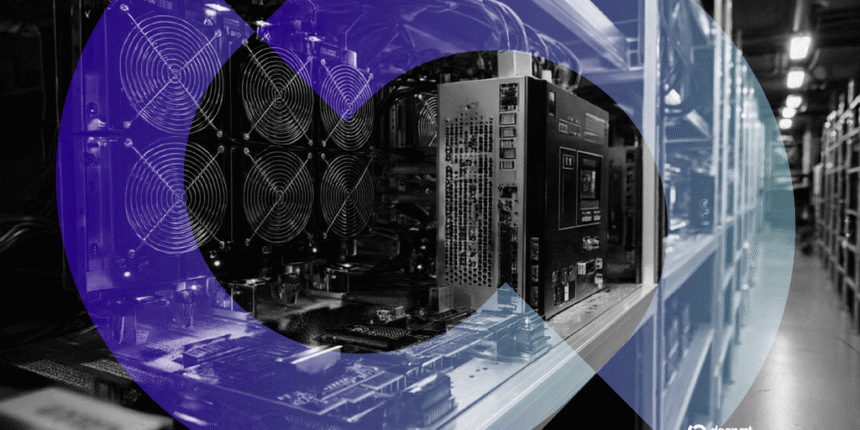The market capitalization of leading publicly-traded Bitcoin miners has reached unprecedented heights, according to a recent report from JP Morgan. The aggregate market cap of 13 U.S.-listed Bitcoin miners surpassed $39 billion in August, marking a new record. This surge in market value is attributed in part to miners diversifying their operations into high-performance computing (HPC), an area seen as a promising avenue for additional revenue.
Despite the record market cap, the Bitcoin mining sector faces significant challenges. Mining has become increasingly arduous and expensive, particularly following the last halving event, which slashed the Bitcoin reward from 6.25 to 3.125. This reduction in mining rewards has led to profitability pressures for miners, even as Bitcoin’s price has seen a general upward trend. For miners to cover operational expenses, many have resorted to selling portions of their Bitcoin holdings or venturing into other sectors, notably high-performance computing.
Transitioning to AI data centers, however, poses its own set of obstacles. Experts highlight the need for more sophisticated heating, ventilation, and air conditioning systems for HPC compared to traditional Bitcoin mining operations. Nonetheless, some companies are taking proactive steps to adapt. For instance, Hut 8 recently announced plans to expand its facilities with 1.53 gigawatts of new capacity across four U.S. sites designed to serve non-mining purposes.
Current market conditions reflect fluctuating Bitcoin prices, with the cryptocurrency recently trading around $111,285 after a brief 2% increase in a 24-hour span. This comes as Bitcoin has retraced more than 10% from its all-time high of $124,285 last month. JP Morgan’s analysts note that despite the price rise, profitability has declined as the network hashrate reaches record levels.
Industry leaders are offering mixed views on the future landscape of Bitcoin mining and high-performance computing. Darcy Daubaras, CFO of Hive Digital Technologies, articulated a vision of synergistic growth, emphasizing the dual business model that marries Bitcoin mining with HPC. He believes that increased output in Bitcoin mining will complement the rising demand for compute power in the HPC sector.
Conversely, CJ Burnett, Chief Revenue Officer at Compass Mining, expressed a more cautious perspective. He emphasized that it remains too early to assess whether demand for high-performance computing will meet industry expectations. Compass Mining is concentrating its efforts on maintaining competitiveness in Bitcoin mining while keeping an eye on the potential for future repurposing of assets should HPC demand grow.
Overall, the Bitcoin mining landscape is evolving, marked by record capitalizations amid challenging operational conditions. As miners explore new avenues for growth, the future of the industry remains uncertain, with both mining and high-performance computing poised for potential expansion.







